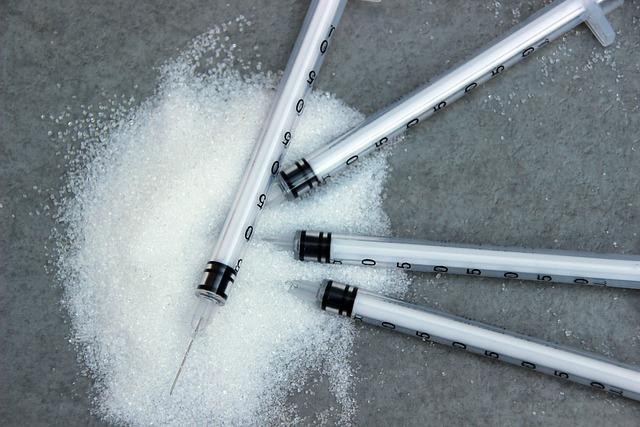
Hyperglycemia, also known as high blood sugar, is a condition that occurs when there is an excess of glucose in the bloodstream. This can happen when the body either doesn’t produce enough insulin or is unable to use insulin effectively. Understanding hyperglycemia is essential for people who have diabetes, as it can have serious consequences if left untreated.
Causes of Hyperglycemia
There are several potential causes of hyperglycemia, but the most common is diabetes. In people with type 1 diabetes, the body doesn’t produce enough insulin to regulate blood sugar levels. In type 2 diabetes, the body either doesn’t produce enough insulin or is resistant to its effects. This can lead to a buildup of glucose in the bloodstream, causing hyperglycemia.
Other potential causes of hyperglycemia include certain medications, stress, illness, and improper diet. Medications such as corticosteroids and certain diuretics can cause blood sugar levels to rise. Stress can also affect blood sugar levels, as the body releases hormones that can interfere with insulin production. Illness, especially infections, can lead to an increase in blood sugar levels due to the body’s natural response to fighting off the infection. Finally, a diet high in sugar and refined carbohydrates can contribute to hyperglycemia.
Symptoms of Hyperglycemia
The symptoms of hyperglycemia can vary from person to person, but some common signs include:
– Increased thirst: The body tries to get rid of excess glucose through urination, which can lead to dehydration and increased thirst.
– Frequent urination: Excess glucose in the bloodstream is filtered out by the kidneys and excreted in the urine, leading to more frequent trips to the bathroom.
– Fatigue: High blood sugar levels can cause a lack of energy and fatigue, as the body’s cells are unable to effectively use glucose for fuel.
– Blurry vision: Changes in blood sugar levels can affect the shape of the lenses in the eyes, leading to blurry vision.
– Slow healing wounds: High blood sugar levels can interfere with the body’s ability to heal, making it harder for wounds to close and infections to clear up.
– Weight loss: In some cases, hyperglycemia can lead to weight loss despite increased hunger, as the body is unable to use glucose for energy.
Treatment Options for Hyperglycemia
The treatment of hyperglycemia depends on the underlying cause. For people with diabetes, the most common treatment is insulin therapy. This can be done through injections or an insulin pump, and helps to regulate blood sugar levels by moving glucose from the bloodstream into the body’s cells. In addition to insulin therapy, people with diabetes may need to monitor their blood sugar levels regularly and make adjustments to their diet and lifestyle.
For people without diabetes who experience hyperglycemia due to medications, stress, or illness, treatment may involve addressing the underlying cause. This could mean adjusting medication dosages, reducing stress levels, or treating the underlying illness. In some cases, dietary changes may also be necessary to help lower blood sugar levels.
Preventing Hyperglycemia
Preventing hyperglycemia is essential for people with diabetes, but it can also benefit those without the condition. One of the best ways to prevent hyperglycemia is to maintain a healthy diet. This means limiting foods high in sugar and refined carbohydrates, and instead focusing on foods that are high in fiber and protein. Regular exercise can also help to regulate blood sugar levels by increasing the body’s sensitivity to insulin.
Monitoring blood sugar levels regularly is another important step in preventing hyperglycemia. This can help to identify any changes in blood sugar levels early on, allowing for prompt treatment. It’s also important to stay hydrated and get plenty of rest to help the body regulate blood sugar levels more effectively.
In conclusion, hyperglycemia is a serious condition that can have potentially dangerous consequences if left untreated. Understanding the causes, symptoms, and treatment options for hyperglycemia is essential for people with diabetes and can also benefit those without the condition. By maintaining a healthy diet, exercising regularly, monitoring blood sugar levels, and seeking prompt treatment, hyperglycemia can be effectively managed and prevented. Consult a healthcare professional for personalized advice on managing and treating high blood sugar levels.












